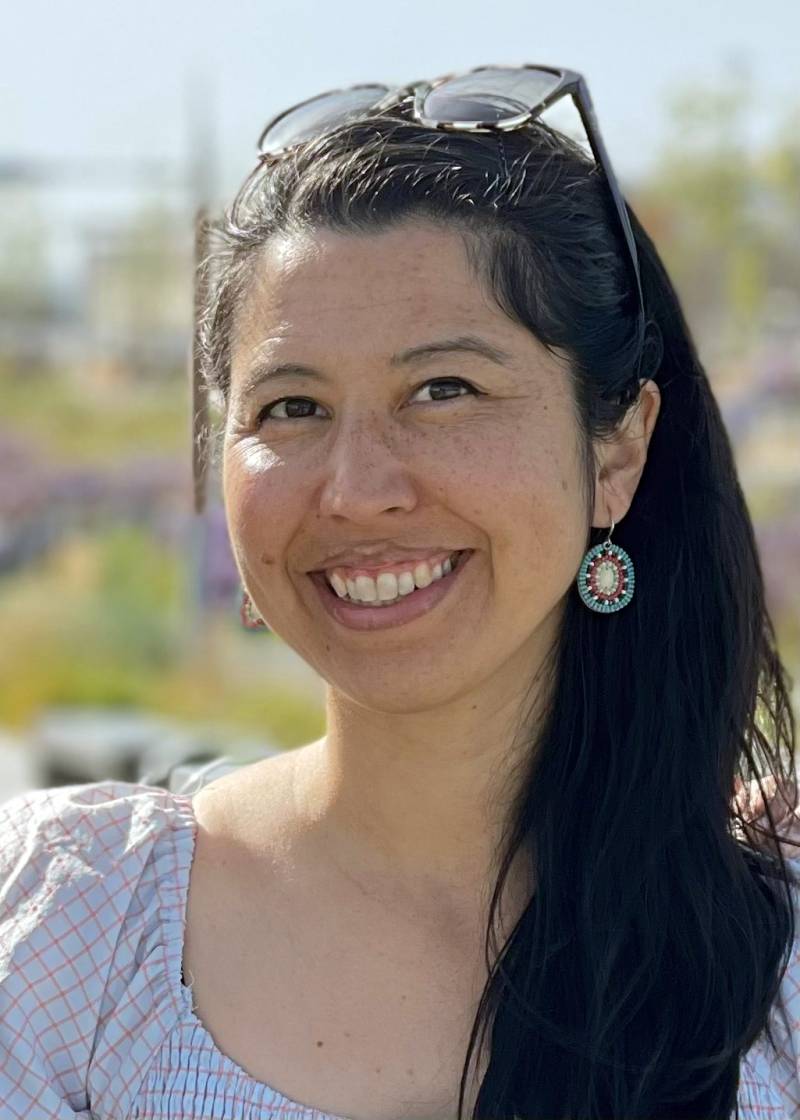To many low-income families, the great outdoors is a rumor, experienced only by others. Angelina Montgomery has this Perspective.
When my grandma turned 97 this year, my mom drove her to Yosemite for her birthday. She had moved to Oakland in the 1950’s thanks to a program that aimed to assimilate Native Americans by removing them from reservations and relocating them to urban centers. But she had never been to Yosemite.
As she told my uncle about how beautiful Yosemite it, he asked her if she wanted to go for a drive and took her up into the Oakland hills to Redwood Regional Park and Joaquin Miller. Later, my grandma told me that she never knew there were redwoods in Oakland.
How is it that my grandma, who has lived in Oakland for 60 years, never knew there were redwoods in our backyard? As her granddaughter who loves hiking, exploring, and traveling, the hiking trails of Oakland are some of my favorite city escapes. But I know that I’ve had privileges that my grandma has never had. She never had her driver’s license since she never had a car. As a single parent, she worked long hours making minimum wage to support her family of four kids. When did she have time or the ability to venture into the Oakland hills?
After wrestling with some guilt over never taking my grandma to the redwoods of Oakland myself, I began to ponder the accessibility of the outdoors for families of color, families like mine. Companies like REI and Patagonia are working to diversify their models in more ways than one – promoting black and brown outdoor leaders and hashtags like We Color Outside and Unlikely Hikers. These social media efforts aim to diversify the outdoors but struggle to reach the communities they need to. My grandma isn’t on Instagram, and despite their best efforts I rarely see other families of color when we go camping.
